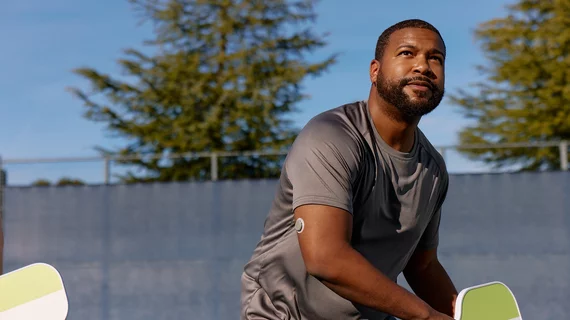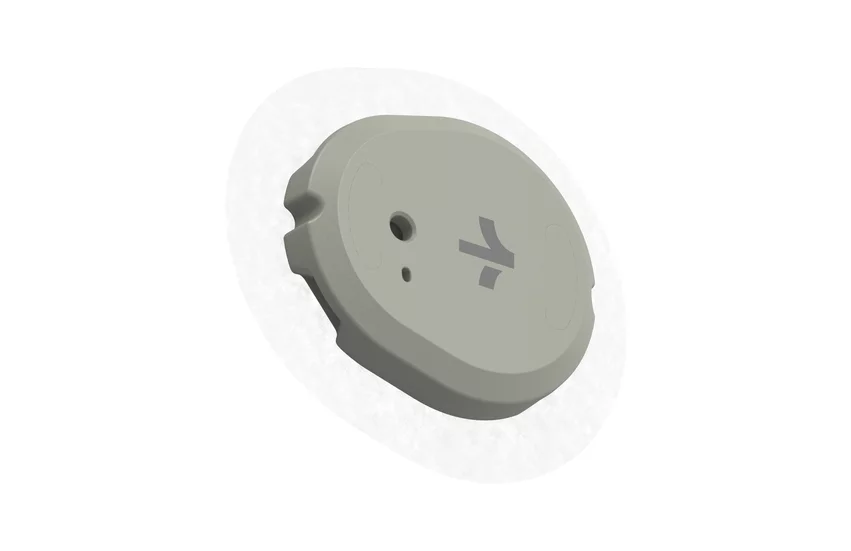FDA clears first over-the-counter wearable device for continuous glucose monitoring
Dexcom, a global healthcare technology company based out of San Diego, has received U.S. Food and Drug Administration (FDA) clearance for Stelo, a wearable glucose biosensor that can be obtained without a prescription.
This approval represents the first time an over-the-counter glucose biosensor has been cleared by the FDA. Users wear the device on the back of their arm, and it delivers data directly to their smartphone.
“Dexcom was the first to connect continuous glucose monitoring (CGM) to multiple insulin delivery devices, the first to connect CGM to a smartphone, the first to replace fingersticks for treatment decisions and now is creating a new category by bringing the first glucose biosensor cleared for use over the counter,” Jake Leach, executive vice president and chief operating officer at Dexcom, said in a prepared statement. “Based on our experience serving people with type 2 diabetes not using insulin, we have developed Stelo with their unique needs in mind.”
“Use of CGM can help empower people with diabetes to understand the impact of different foods and activity on their glucose values,” Tamara Oser, MD, a professor with the University of Colorado Anschutz Medical Campus who specializes in diabetes management, said in the same statement. “For people newly diagnosed with Type 2 diabetes or not taking insulin, these devices are often not covered by insurance and Stelo presents an opportunity to provide valuable information that can impact their diabetes management.”
Stelo is only meant to be used by adults 18 years old and older. Dexcom expects to make it commercially available in the summer of 2024.


